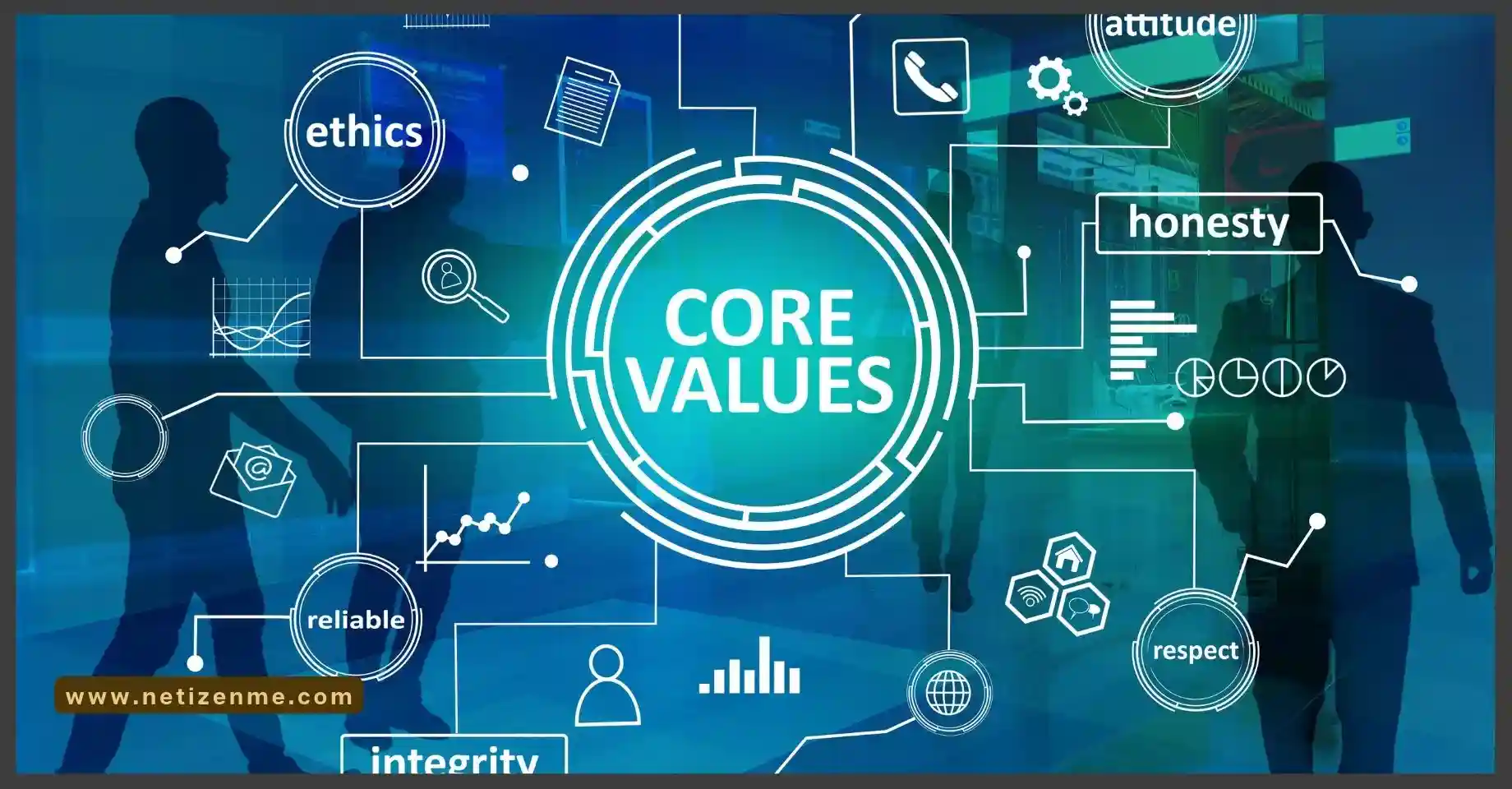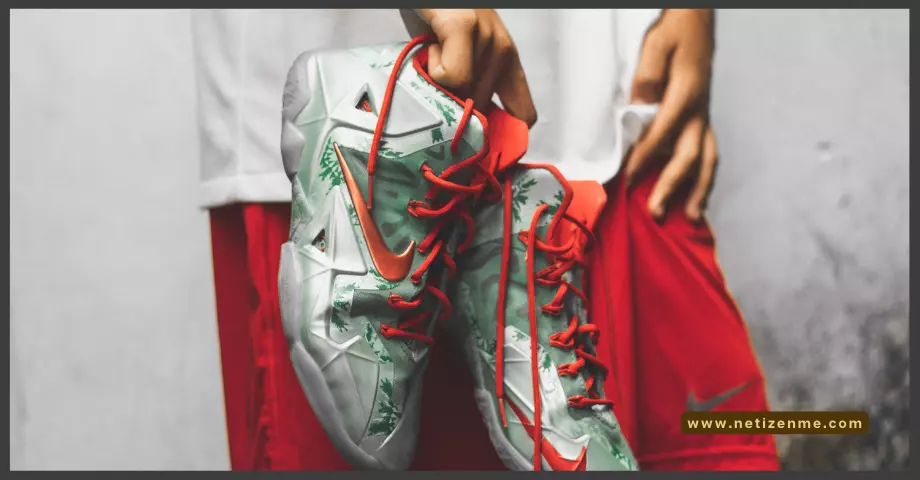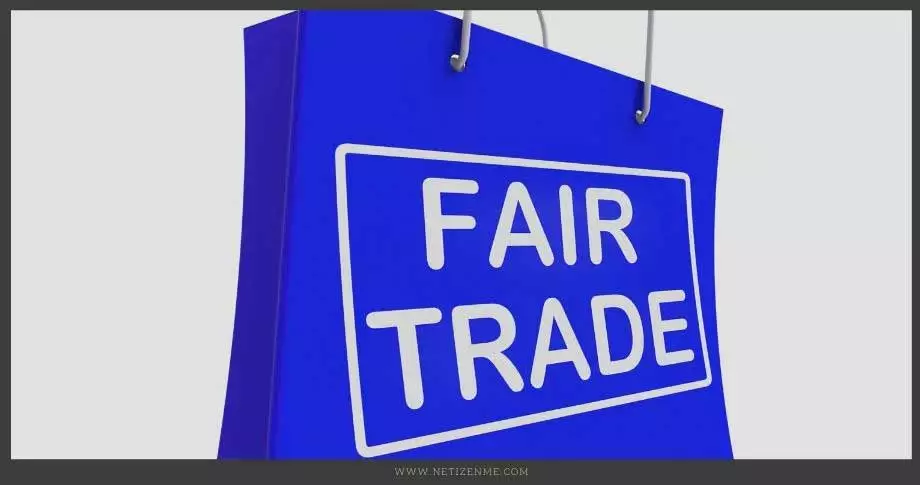
Workplace Dress Codes and Business Ethics – Tucked In, Tucked Out
“Many today would disagree with the out-of-the-time adage that “clothes make the man,” yet studies show that well-dressed employees are held in higher esteem and may earn more, on average, than those who dress down. The age of uncomfortable dresses and starched white shirts may be over. Still, cultural standards and underlying values prioritize, say, innovation over uniformity, change over time, and even within the same company” (1). Let us look into how workplace dress codes affect employees and businesses.
In many offices, a formal dress code is not a strict requirement anymore. Employers hope to see an increase in their employees’ productivity and emotional well-being by letting them wear what they feel comfortable with. But that is more common in modern office environments and work cultures. There are still organizations that follow the traditional work environments of cubicles and formal dress code culture.
Should a formal dress code be obliterated from a work environment? We need to consider what effects will arise from employees wearing what they like as everyone’s tastes and styles are different and may not be the most fitting for an office working environment.
How will clothing choices affect the relationships we form at work or in other business situations?
Some business environments are involved with customers directly. Staff will meet the customers face to face. Having a dress code helps customers to distinguish the team from other customers. A formal dress code can build a sense of trust in the customer’s mind, especially when talking to staff in a crowded area. It is not uncommon that some people enter an office or a shop pretending to be a staff member to steal from clients.
Popular flagship stores like Apple, McDonald’s, KFC, and Pizza Hut have a simple dress code that helps the staff to stand out in a crowd. A formal dress code can bring a sense of belonging to the staff members as well.
It is useful for interpersonal and emotional relationships among staff as well. For example, in an office with no formal dress code, an employee can be looked down on, dismissed, or bullied for their dress choice by others. One employee can wear designer clothes to show off and make others feel uneasy. But a formal dress code can reduce such occurrences or misunderstandings.
How far should employers go in setting dress and other behavior standards?
While a formal dress code has its benefits, employers should consider many facts about the employees’ comfort when deciding on a standard dress code.
BrightHR (2020) lists the following as characteristics when deciding a dress code.
- Disability
- Age
- Gender reassignment
- Marriage and civil partnership
- Pregnancy and maternity
- Race
- Religion and belief
- Sex
- Sexual orientation
Apart from the above, the employers should also think of the nature of the job and the health and safety measures. Protective gears such as gloves, masks, helmets, and face shields are essential for some job types.
Employers should also consider their staff’s opinions and should consider finding a balance.
Why are these standards important from an ethical perspective?
When a company gives their staff the freedom to wear what they want doesn’t mean the staff can be ignorant about what they wear and how they present themselves.
The staff is still the representative of the company they work for. They need to consider their company, industry and respect all the above.
“Good intentions are everything, and staff should dress well as much as they can, as often as they can. But this must show that they respect their employer enough to demonstrate that they want to represent them in a good light all the time” (2).
How will clothing affect an international company’s approach to business ethics?
Commonly accepted dress codes are different in each country. “While Business Casual is practiced in the majority of offices in the US, a slightly more formal style is also acceptable: Smart Casual. This is similar to Cool Biz in Japan except it is acceptable all year long. The UK tends to be more conservative than the US in terms of dress code, but again, this differs from industry to industry. British office workers tend to dress in a range of styles from Smart Casual to Formal Style. In Dubai, women can only show skin on their face and hands.” (3)
An international company should give more thought and consideration to their staff’s nationality and culture, and religious preferences when deciding a dress code.
As long as the employer is fair to their staff and considers the impact of a dress code, listens to their concerns, and complies with labor and national laws, assigning a formal dress code is not unethical. It can be beneficial to the organization and the staff in many ways.
Check the following reference articles to learn more about the workplace dress codes and business ethics:
- The Influence of Geography and Religion – Business URL
- Women in the Workplace: Dress Code Rules!. URL
- International Business Dress Code Daijob.com. URL
- Should You Carry Your Laptop Through Airport Metal Detectors?

- Fiscal Policies and Pakistan Economy

- Eye-opening Impact of Education on Jobs in the USA

This article is written by:
This article is written and edited by in-house writers and editors. Knowledge Netizen editorial team is committed to providing accurate and informative content. You can cite our articles under the author name "NetizenMe"







